As a physician and the operator of a medical practice, you are a leader. You are the person that has the ultimate responsibility for the success of the practice, and for the individuals that you employ, the success of their livelihoods. What happens to the practice, impact them, personally and directly. It can be a lot on one’s shoulders.
With the responsibility of leadership comes to stress. It’s not easy, and only if you’re comfortable with responsibilities, confident in decision making, does it look easy. But the stress does not go away.
Some thoughts:
Lighten your own load. Responsibility does not mean doing it all yourself, it means getting it done, but that does not mean that you have to be the one to do it. A simple rule of thumb when it comes to the clinical part of your practice, try to do that which is at the top of your license. Focus your time and efforts on only that which you can do, not that which you can do, and others can do just as well. Patients can be prepared for your examination beforehand by staff to take history, vitals, and to try and scope out the nature of the illness before you enter the exam room. Your exam can then be for diagnoses and treatment planning, the basics done. If your practice allows, look to add an extender in your office to do even more, such as follows examinations. Physicians that are more challenged intellectually at the top of their license are less subject to burnout.
The same is true for the non-clinical tasks in the office. While you retain the final say on hiring, a solid office manager is able to run the operations of the office, including staff issues, keeping you away from business tasks except for reviewing reports and setting policy. Just make sure that you do not become so oblivious to the comings and goings in the office that you miss seeing the way employees treat patients, and treat each other. This is how you check on the office culture, are the human interactions reflective of what you want for an office environment? How people treat each other is the greatest clue to your culture.
Read More: How to evaluate the Best EHR for your practice – Checklist
The message is to delegates, to pass on to others the responsibility to get the job done, you still retain the responsibility for it occurring, but doing, can be delegated. If you don’t trust that the job will get done, such that you will not delegate, you have the wrong staff, or you just can’t let go. Let it go.
If you lay out the policies to your staff, and its good that they are written down, you are laying out the expectations. Most office issues come from confusion as to what is expected of staff in perfuming their tasks.
Delegating the tasks does not delegate the ultimate responsibility, that remains with you, so get yourself some reinforcements. You can’t be expected to know everything, but you are expected to know when you need assistance. And while you are in your own business, your practice, you need not to be alone.
Build yourself your own little board of directors, a kitchen cabinet, experts that can help you with tough decisions, that you can tap into to help build policy and learn. It need not be formal, but ready at your reach out you should have a healthcare attorney, (no need to overuse, and pay those rates, but good to have), an accountant, (preferably one that deals with similar practices), and a practice consultant, (someone that is out and about that can tap into other resources, and give you suggestions and watch trends). In addition, take advantage of the information that flows from medical and professional organizations, for yourself, and for appropriate members of your staff. A few dollars in membership dues for your office manager in organizations of office managers, brings low-cost education to your office manager, with the benefit accruing to your entire practice.
The best beater of stress in confidence in decision making and confidence comes from knowledge.




More Stories
The Future of Radiology Information System
How To Buy EHR Software in 6 Steps
Information security guide for small healthcare businesses